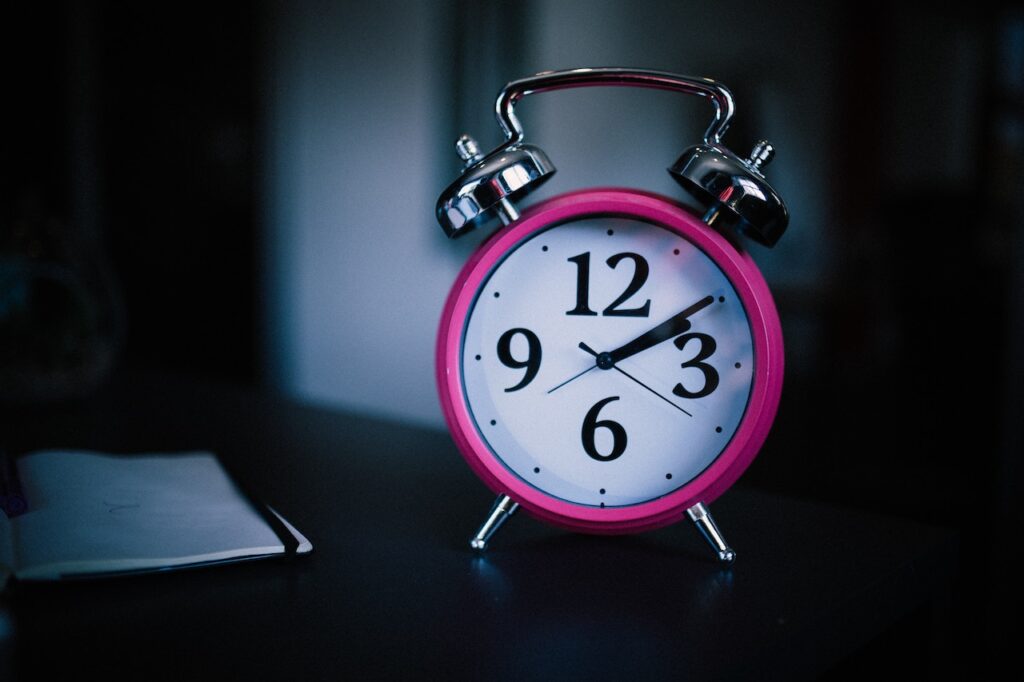
 With autumn in full swing and being back into “standard time” for almost a month, we experience cool crisp air, leaves change color before inevitably falling to the ground, and the days become shorter.
With autumn in full swing and being back into “standard time” for almost a month, we experience cool crisp air, leaves change color before inevitably falling to the ground, and the days become shorter.
The practice of Daylight Savings dates back to World War 1 and was later utilized in the US in the 1960s. The purpose of Daylight Savings is to maximize daylight in the northern hemisphere. Transitioning from daylight savings to standard time leads to brighter mornings and darker evenings, which can disturb the sleep-wake cycle in the circadian rhythm.
While people adapt to time changes, studies have suggested the human body never fully acclimates to the time change between Daylight Savings and Standard Time. The transition from Daylight Savings to Standard time leads to sleep loss, which increases the risk of mood disturbances, suicide, and traffic accidents.
A common belief when we turn back the clocks in the fall is that we “gain an hour of sleep”. Do We Really Gain an Hour of Sleep? No. Instead, the time change causes a disruption in our regular sleep-wake cycle for several days or weeks and for many can produce chronic sleep problems.
Problems with sleep are common but NOT normal. In fact, approximately 60 million Americans have problems with sleep. Sleep is essential to every process in our bodies, affecting our physical and mental health, and even how we function the day following our sleep. Our ability to fight diseases and develop immunities, as well as our metabolism, is all affected by our sleep habits as well.
So, what can you do to promote better sleep?
- Maintain a consistent bedtime
- Get daily exposure to sunlight
- Sleep Environment: A quiet, dark, cool room with a supportive mattress and pillow
- Exercise regularly
- Minimize alcohol, caffeine, and nicotine intake
- Regulate liquid intake (if you wake during the night to use the bathroom)
- Minimize screen time or stimulating activity 1 hour prior to bedtime
- Avoid eating a heavy meal within a few hours of bedtime
Sleep is arguably one of the most important daily habits to do for your overall health and wellness.